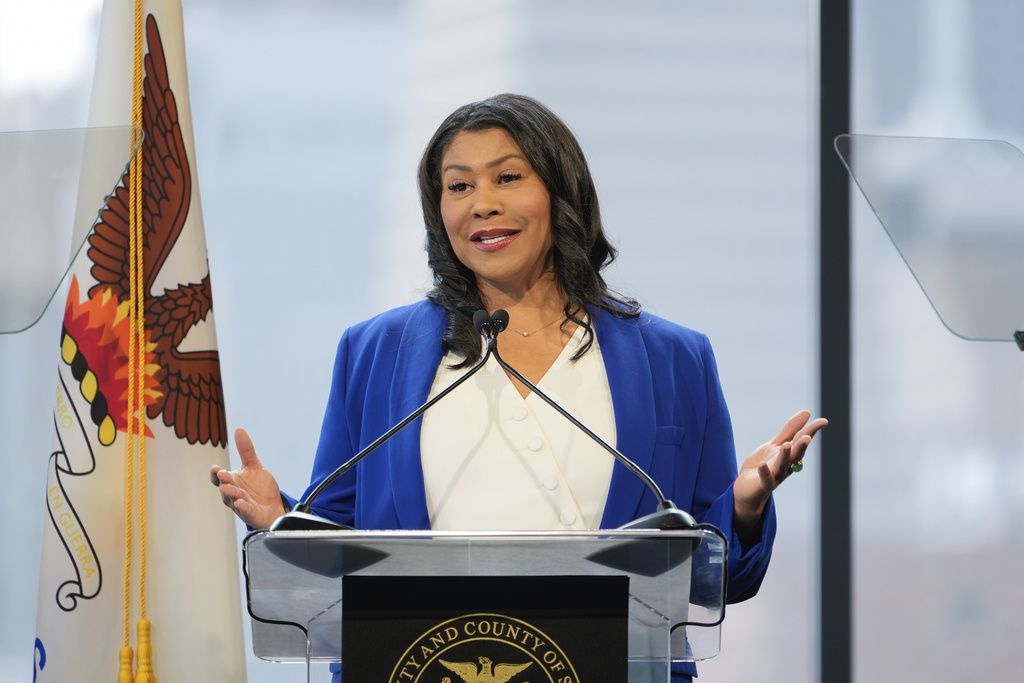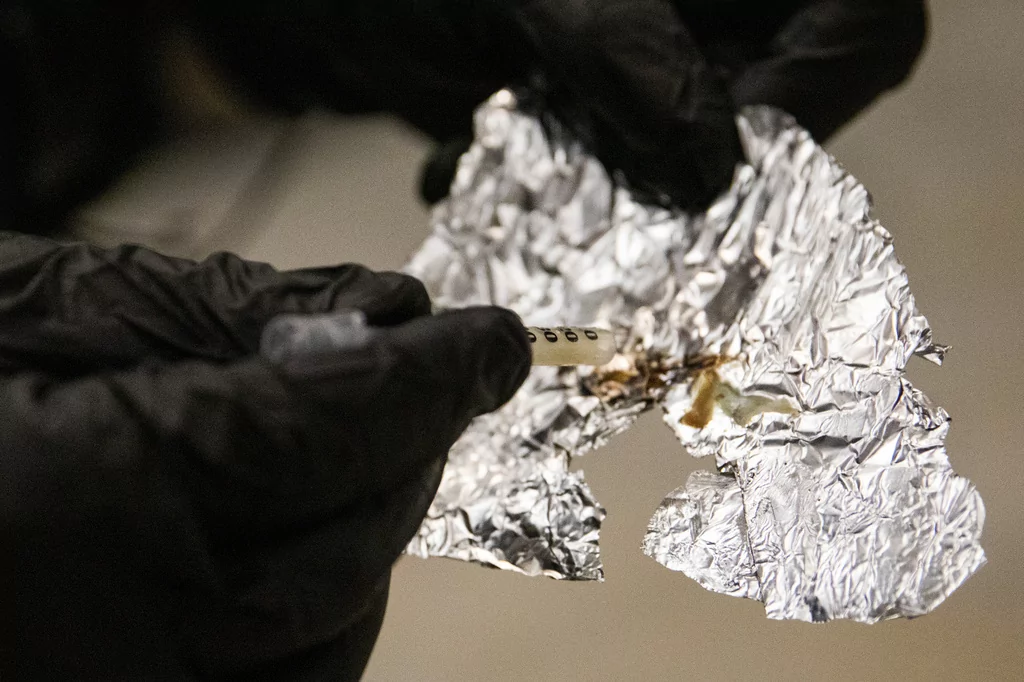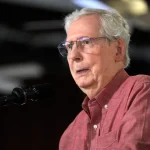
San Francisco Mayor London Breed and Supervisor Matt Dorsey unveiled legislation on Monday that would reward some welfare recipients who stay drug-free an extra $100 per week.
The legislation, called “Cash Not Drugs,” relies on incentives rather than punishment to encourage sobriety.

“I want to make it just as easy to get treatment as it is to go out there and buy dope,” Breed said during a rally in front of City Hall. “Whatever it takes to get people on the right path — that’s what we need to do.”
Dorsey called the pilot program a complement to Proposition F, a controversial ballot measure that mandates drug screening and treatment for welfare recipients if they want to continue to collect monetary assistance.
Critics at the time argued it would lead people already struggling with poverty to lose vital assistance, while advocates said it would provide motivation to those addicted to drugs to stay clean. The measure passed in March with 58.5% of the vote.
Under the “Cash Not Drugs” program, welfare recipients could get an extra $400 a month.
“This is more carrot than stick,” said Dorsey, a recovering drug user. “It’s a pretty promising approach.”
Dorsey added that the costs of the program could be reimbursable through Medi-Cal, California’s Medicaid healthcare program.

Currently, single adults without children on welfare receive $712 per month through the County Adult Assistance Program. Under Dorsey’s plan, some people would see that number bumped to $1,112 when they test negative for illicit drugs. If the San Francisco Board of Supervisors signs off on the pilot program, it will go into effect for three years. An independent academic researcher would study the results, and upon the findings, the program could be expanded.
“Cash Not Drugs” is part of a drug treatment strategy known as “contingency management,” which is a type of behavioral therapy in which people are rewarded for evidence of positive behavioral changes. The San Francisco Department of Public Health oversees similar programs but on a smaller scale.
“If we can make progress to help people get on the other side of their addiction, we will see progress on all kinds of things — from street conditions to retail theft to, hopefully, and most importantly, reversing the level of overdoses,” Dorsey said.
Breed, who is facing a tough reelection in November, said before she took office, the city “was not focused on abstinence-based solutions” but that over the past three years, her administration has spent more than $20 million on such abstinence-based recovery programs.
Drug use is a visible problem on the streets of San Francisco. Last year surpassed 2020 as the deadliest year on record for overdoses, with 2024 shaping up to match last year’s numbers, according to the San Francisco Chronicle’s overdose tracker.
CLICK HERE TO READ MORE FROM THE WASHINGTON EXAMINER
The overdoses have largely been driven by fentanyl, a powerful synthetic opioid that is up to 100 times more potent than morphine and deadly.
In 2021, Breed declared a state of emergency in the city’s Tenderloin district to address the growing epidemic, as well as San Francisco’s open-air drug dens that are still operating in plain sight on any given day.







